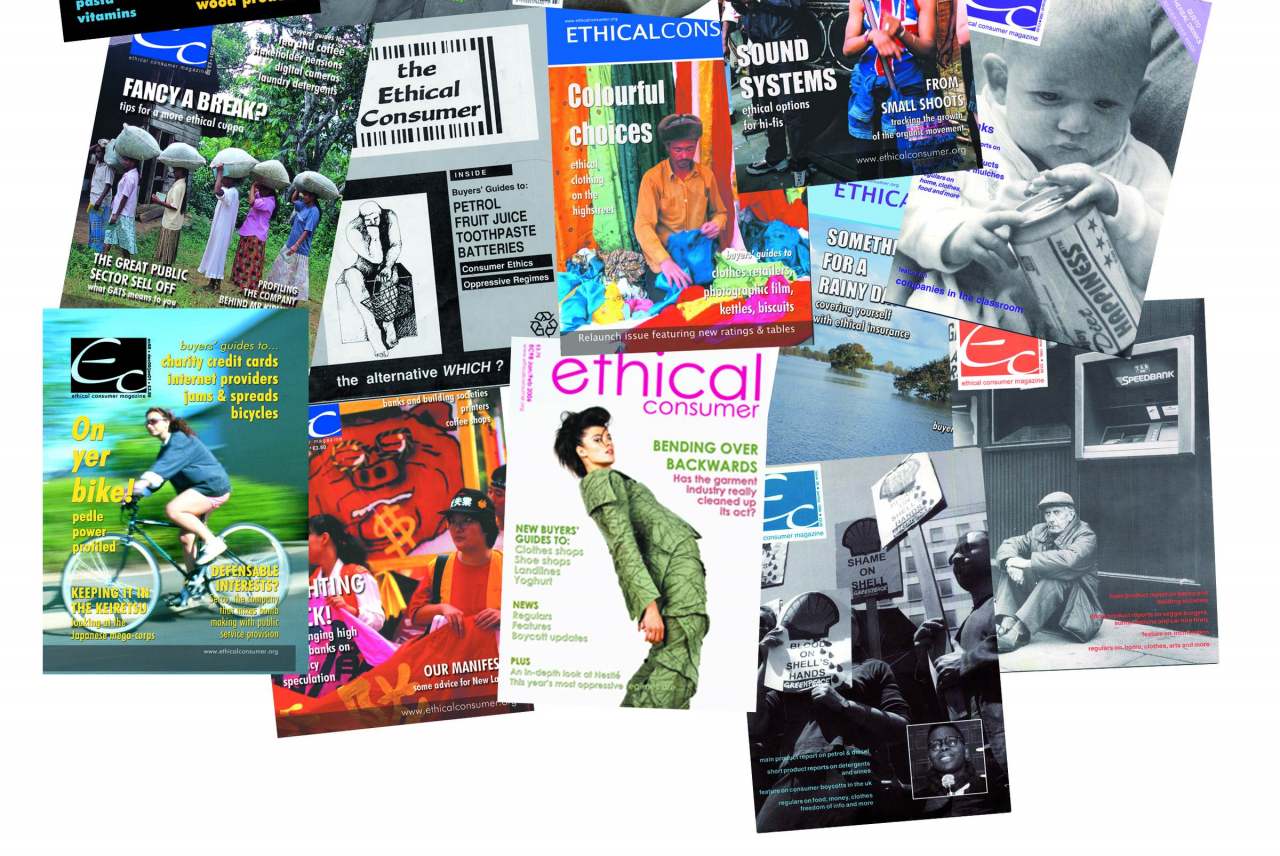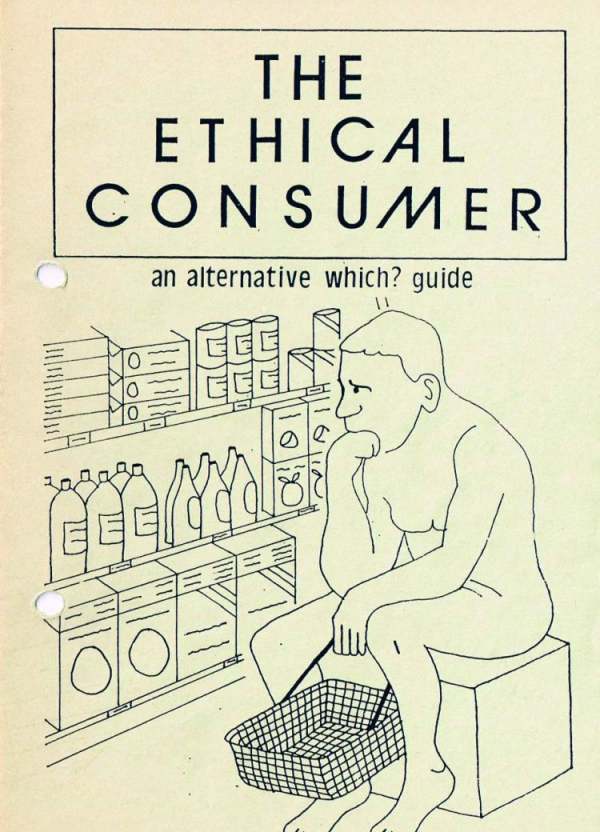What remains to be done?
Although ethical buying ideas are much more widespread, there are huge chunks of economic activity for which it is still an anathema.
These include giant monopolies like Amazon, large parts of Wall Street, much commodity trading around the world, and indeed many ordinary consumers.
Our annual review of the size of the UK ethical market usually calculates it to be around 5-10% of all consumer activity (though it is bigger in certain sectors).
If it took 30 years to get to 10%, then we’re certainly not moving fast enough to convert the whole economy to ethical production in time to address some of the more urgent problems that lie ahead. And, as we noted in the opening paragraph, these are worrying times for our wider political and economic systems.
Buying ethically, however, was never meant to be a panacea and, since 1989, we have continually emphasised that “it is not a replacement for other forms of political action but an important additional way for people to exert their influence.” The emergence of Extinction Rebellion is, notably in this context, breathing new life into non-violent direct action.
However, it is hard to see how buying ethically will not form a key part of the sustainable future ahead. Nor indeed is it easy to envisage how we can get to that destination without it. Ethical buying campaigns can, after all, function whether or not the governments of the day support them.
Ethical buying may also be able to help reform the very institutions (profit-seeking firms) that organise production within the systems we have.
And, like capitalism itself, buying ethically is dynamic and capable of changing fast to address new issues. In the future, for example, it is clear that the new technologies of robotics and AI, particularly in the hands of profitseeking corporations, are going to throw up many difficult ethical issues.
It is almost certain that the ethical buying campaigns of the future will be engaged in trying to introduce some kind of moral framework around the developments that occur.
There are also instructive lessons from the past in how consumer boycotts can play an important role in ostracising more extreme political views.
Stop Funding Hate’s UK campaign to pressure advertisers to stop advertising in those UK newspapers which have openly racist agendas is just one, more recent, but very encouraging example.
As we wrote in our 20th birthday issue in 2009:
“We cannot predict what lies ahead. What we do know is that promoting informed discussion about what constitutes an ethical choice in every market offers a form and context to identify the common good and collaborate in its attainment.”
Here’s to the next thirty years!







